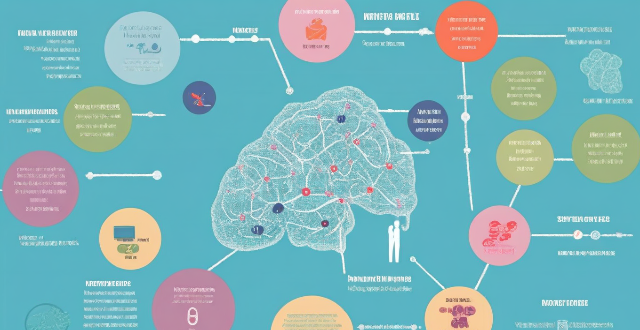Physical activity has numerous benefits for brain health, includingPhysical activity has numerous benefits for brain health, including risk of dementia, including improved cognitive function, reduced risk of dementia, and increased overall brain volume. Regular exercise increases blood flow to the brain, delivering nutrients and oxygen to neurons, reducing inflammation and oxidative stress, and enhancing neural plasticity through increased levels of BDNF. Additionally, physical activity improves mood, reduces symptoms of depression and anxiety, and improves sleep quality. Incorporating regular exercise into your lifestyle can help maintain a healthy mind and body.

Benefits of Physical Activity on Brain Health
Physical activity has been shown to have numerous benefits for brain health, including improved cognitive function, reduced risk of dementia, and increased overall brain volume. Here are some key ways that physical activity can benefit the brain:
1. Improved cognitive function: Regular exercise has been linked to better memory, attention, and executive function in older adults. This may be due to increased blood flow to the brain, which helps deliver nutrients and oxygen to neurons.
2. Reduced risk of dementia: Several studies have found that regular physical activity can reduce the risk of developing Alzheimer's disease and other forms of dementia. This may be due to a reduction in inflammation and oxidative stress in the brain.
3. Increased overall brain volume: One study found that men who engaged in regular physical activity had larger total brain volumes than those who did not. This suggests that physical activity may help maintain healthy brain tissue over time.
4. Improved mood: Exercise has been shown to improve mood and reduce symptoms of depression and anxiety. This may be due to increased levels of endorphins, which are natural mood boosters.
5. Improved sleep quality: Regular physical activity can help improve sleep quality and duration, which is important for brain health. Insufficient sleep has been linked to cognitive decline and other neurological disorders.
6. Enhanced neural plasticity: Exercise has been shown to enhance neural plasticity, or the ability of the brain to adapt and learn new skills. This may be due to increased levels of BDNF (brain-derived neurotrophic factor), a protein that promotes neuronal growth and survival.
In conclusion, physical activity has many benefits for brain health, including improved cognitive function, reduced risk of dementia, and increased overall brain volume. By incorporating regular exercise into your lifestyle, you can take steps towards maintaining a healthy mind and body.